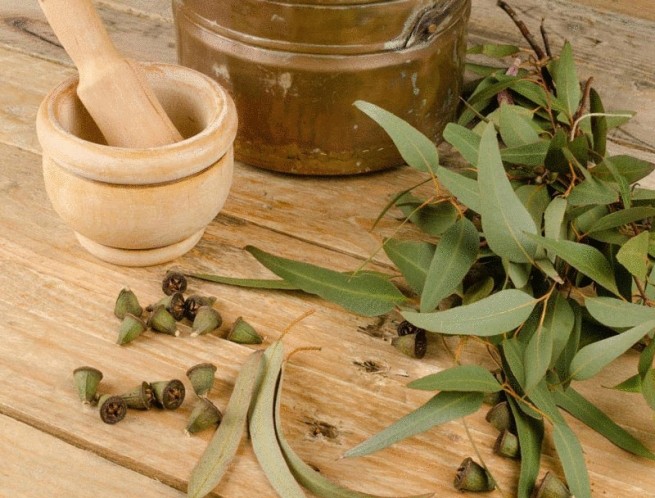Australians visiting Greece are surprised to find their iconic eucalyptus tree here – they could never have imagined that it could be found here and carefully shelter them from the scorching Greek sun with its branches.
“Blessed” trees fill the Greek streets with the aroma of their leaves and affably invite you to rest in the shade of their spreading branches.
The pioneering botanist Theodoros G. Orphanides, born in 1817, devoted his entire life to botanical research and the topic of foreign plants that could be of benefit to Greece. This respected scientist held a professorship at the University of Athens and made a significant contribution to the establishment of the University's Botanical Museum.
Orphanides was active in the global exchange of botanical knowledge in the 19th century. This period was particularly marked by European scientists and explorers who collected and brought back to their homelands various plant species from all over the world. Among them was Eucalyptus is a fast-growing tree known for its resilience and, importantly, its practical uses.
The choice of the Australian-grown eucalyptus was not at all accidental. The tree is renowned for its rapid growth and adaptability to climates, making it ideal for introduction to other parts of the world. But for Greece, its true value was also in its ability to thrive in marshy areas and its supposed success in combating malaria, a major public health problem at the time.
In the 19th century, malaria was a serious threat to Greek residents, especially in marshy regions where stagnant water provided an ideal breeding ground for mosquitoes. The eucalyptus tree, with its high rate of water absorption, helped to drain the swamps, resulting in a reduction in mosquito populations and a decrease in malaria. The health benefits, combined with the suitability of eucalyptus for reforestation and timber production, made him an attractive option for Orphanides.
The scientist introduced eucalyptus to Greece as part of a broader strategy to enrich the country's natural resources and solve environmental problems. He saw the tree's potential to address health issues and combat deforestationwhich was a growing problem in several regions of the country. And he was right.
The first eucalyptus trees were planted in different regions of Greece, especially in places where the tree's water-removing properties could be most useful. Coastal regions, agricultural areas and marshes were among the main locations for these early plantings. The tree's rapid growth and ability to adapt to a variety of conditions have ensured its success throughout the country.
The introduction of eucalyptus to Greece had a profound impact on both the environment and public health. Over time, the tree became a common sight in many parts of the country. It promoted reforestation and provided valuable timber resources. Its presence in marshy areas also helped reduce malaria, improving public health in the affected regions.
And even, as strange as it sounds, The eucalyptus became a symbol of large-scale changes in Greek society in the 19th century. Greece at the time was seeking to modernize and meet European standards, and the successful introduction of this foreign plant species reflected its openness to innovation and willingness to take unconventional solutions.
Eucalyptus became a worthy decoration of the Greek landscape. Its majestic height increased the diversity of local flora, and picturesque groves unobtrusively and successfully blended into the environment. Gradually, the fragrant foliage of these trees and its characteristic silhouette became familiar elements of the Greek countryside, harmoniously combining with local views.
The foresight of Theodoros G. Orphanides undoubtedly benefited Greece, and the eucalyptus tree became an example of human ingenuity in using nature for the benefit of mankind.







More Stories
Water Spout in Halkidiki
Supreme Court calls for "vigilance" in relation to those who "uses water illegally"
Destructive weather hits Meteora: floods, rockfalls, landslides